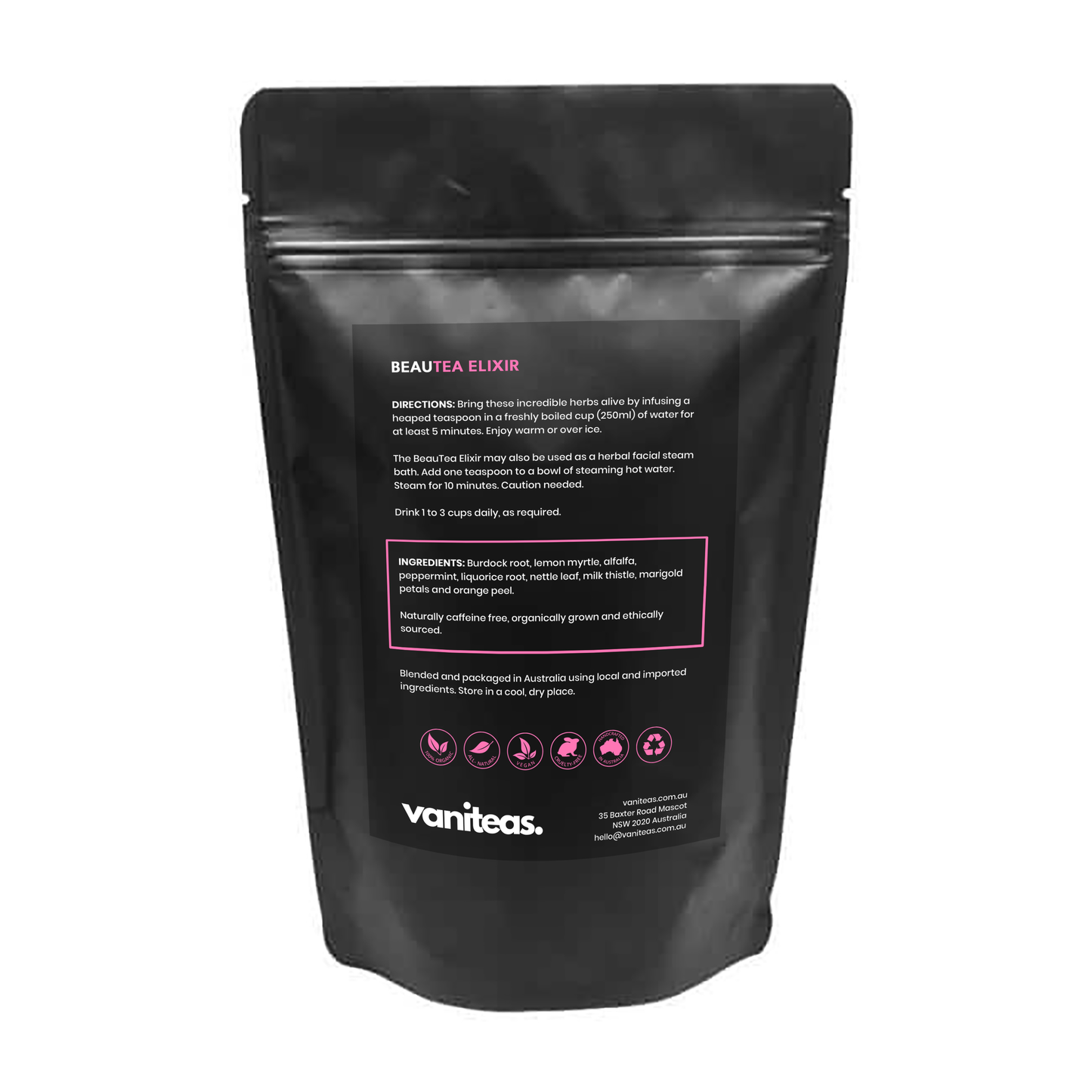
Battling Fungals! Harnessing Nature's Defenses: The Power of Antifungal Foods
Share
Ok, so not to be a party pooper but fun gals are just not good for us? Can I get a hell yeh? Well actually sorry to disappoint this blog is not about dating toxic guys...
Fungi, while often overlooked, can wreak havoc on our health if left unchecked. From pesky nail infections to more serious systemic issues, fungal overgrowth can cause discomfort and even compromise our immune systems. Thankfully, nature provides us with an arsenal of antifungal foods that can help keep these unwelcome invaders at bay.
Garlic: This pungent bulb isn't just a flavourful addition to your favourite dishes; it's also a potent anti-fungal agent. Allicin, a compound found in garlic, exhibits strong antimicrobial properties, making it effective against a wide range of fungi.
Coconut Oil: Rich in lauric acid, coconut oil is a popular choice for combating fungal infections. Lauric acid disrupts the cell membranes of fcungi, inhibiting their growth and proliferation. Incorporating coconut oil into your cooking or applying it topically can help fend off fungal invaders.
Apple Cider Vinegar: Known for its myriad health benefits, apple cider vinegar also possesses anti-fungal properties. Its acidic nature creates an inhospitable environment for fungi, making it a popular remedy for conditions like athlete's foot and nail fungus.
Turmeric: This vibrant spice not only adds colour to dishes but also packs a punch against fungi. Curcumin, the active compound in turmeric, exhibits potent anti-fungal activity, making it a valuable addition to your anti-fungal arsenal.
Ginger: Beyond its anti-inflammatory properties, ginger contains compounds like gingerol and shogaol that possess anti-fungal properties. Incorporating fresh ginger into your meals or brewing ginger tea can help support your body's defences against fungal infections.
Oregano: This fragrant herb isn't just for pizza; it's also a potent anti-fungal agent. Oregano contains compounds like carvacrol and thymol, which have been shown to inhibit the growth of various fungi, including Candida species.
Onions: Like garlic, onions belong to the allium family and boast similar anti-fungal properties. Quercetin, a flavonoid found in onions, exhibits anti-fungal activity and can help combat fungal infections when incorporated into your diet.
Cruciferous Vegetables: Vegetables like broccoli, kale, and Brussels sprouts are rich in sulfur compounds that possess anti-fungal properties. These veggies also support overall immune function, helping your body fend off fungal infections more effectively.
Pumpkin Seeds: Don't discard those pumpkin seeds after carving your jack-o'-lantern; they're packed with anti-fungal nutrients. Pumpkin seeds are rich in zinc, which plays a crucial role in immune function and can help protect against fungal infections.
Green Tea: Not just a soothing beverage, green tea contains catechins like epigallocatechin gallate (EGCG), which exhibit anti-fungal activity. Drinking green tea regularly can help support your body's defences against fungal overgrowth.
Incorporating these anti-fungal foods into your diet can help fortify your body's natural defences against fungal infections. However, it's essential to remember that while these foods can complement conventional treatment, they shouldn't replace medical intervention in severe cases. By harnessing the power of nature's anti-fungal agents, you can take proactive steps to safeguard your health and well-being.






